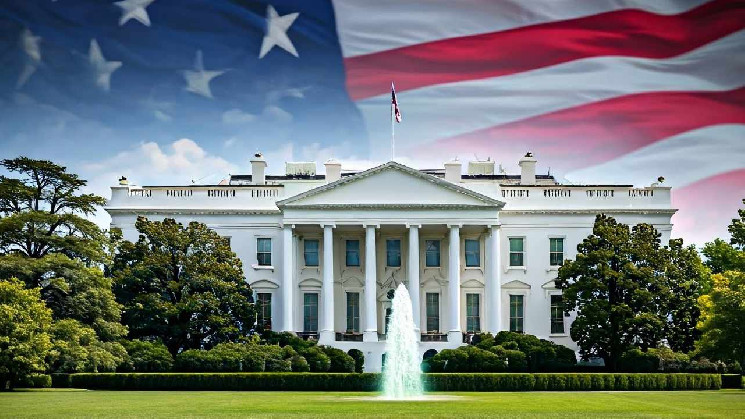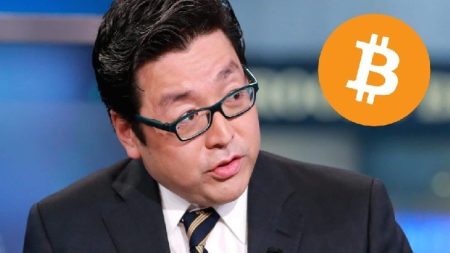David Sacks’ Appointment as Crypto Czar: A Potential Turning Point for US Cryptocurrency Regulation
The appointment of David Sacks as the White House’s "Crypto Czar" by President-elect Donald Trump has ignited a wave of optimism within the cryptocurrency industry, particularly at Ripple, a leading provider of enterprise blockchain solutions. Sacks, a seasoned venture capitalist, former PayPal executive, and close associate of Elon Musk, is tasked with spearheading the Trump administration’s policy development in the crucial areas of artificial intelligence (AI) and cryptocurrency. Ripple executives, including CEO Brad Garlinghouse and Chief Legal Officer Stuart Alderoty, have publicly lauded Sacks’ appointment, viewing it as a significant step towards fostering innovation and establishing much-needed regulatory clarity within the US crypto landscape. Their enthusiastic endorsements reflect a broader sentiment within the industry that Sacks’ tech-savvy background and pro-innovation stance will create a more favorable environment for the growth and development of digital assets.
Ripple’s leadership team believes that Sacks’ deep understanding of technology, coupled with his alignment with President Trump’s pro-innovation agenda, will pave the way for significant policy breakthroughs. Garlinghouse hailed Sacks as a "dream team" addition, emphasizing his ability to drive forward the administration’s crypto and AI initiatives. Alderoty echoed this sentiment, highlighting Sacks’ pro-business and pro-innovation perspective as essential ingredients for establishing clear regulatory frameworks for the cryptocurrency industry. This anticipation stems from a growing frustration with the perceived lack of clarity and support from previous regulatory bodies, particularly the Securities and Exchange Commission (SEC) under Gary Gensler, which many in the industry believe stifled innovation and hindered the growth of the US crypto market.
Sacks’ mandate extends beyond merely fostering innovation; it encompasses a broader vision of establishing the United States as a global leader in both AI and cryptocurrency. President Trump’s announcement emphasized the critical role these technologies play in the future of American competitiveness. Sacks will be responsible for developing a clear legal framework for the cryptocurrency industry, a crucial step towards providing certainty and stability for businesses operating in this space. This framework is expected to address key issues such as token classification, exchange regulations, and investor protection, offering a much-needed roadmap for navigating the complex regulatory landscape. Additionally, Sacks’ role will involve safeguarding free speech online, a topic closely intertwined with the decentralized nature of cryptocurrencies and the potential for censorship resistance.
The optimism surrounding Sacks’ appointment is rooted in the belief that he will usher in a new era of regulatory clarity, replacing the perceived ambiguity and hostility of previous administrations. Alderoty’s comments explicitly criticized the SEC’s approach under Gary Gensler, arguing that it had been detrimental to the crypto industry’s progress. The expectation is that Sacks will take a more balanced and nuanced approach, recognizing the transformative potential of cryptocurrencies while also addressing legitimate concerns about investor protection and market integrity. This shift in regulatory posture is seen as crucial for unlocking the full potential of blockchain technology and allowing the US to reclaim its position as a global leader in financial innovation.
The significance of Sacks’ appointment goes beyond the immediate impact on the cryptocurrency industry. It reflects a broader recognition of the growing importance of AI and cryptocurrencies in shaping the future of the global economy. By appointing a dedicated "czar" to oversee these critical technologies, the Trump administration signals its commitment to fostering innovation and ensuring that the US remains at the forefront of technological advancement. This move could potentially inspire other nations to follow suit, leading to a more coordinated and harmonized global approach to regulating these emerging technologies. The success of this initiative will depend on Sacks’ ability to navigate the complex political landscape and build consensus among various stakeholders, including industry players, regulators, and lawmakers.
In conclusion, the appointment of David Sacks as the White House’s Crypto Czar marks a potential turning point for the US cryptocurrency industry. Ripple executives’ enthusiastic endorsements reflect a broader hope within the industry that Sacks’ leadership will deliver long-awaited regulatory clarity, foster innovation, and establish the US as a global leader in the burgeoning field of digital assets. The success of this endeavor will hinge on Sacks’ ability to translate his pro-innovation vision into concrete policies that balance the need for regulatory oversight with the imperative to foster growth and innovation. The coming months will be crucial in determining whether Sacks can live up to the high expectations placed upon him and usher in a new era of prosperity for the US cryptocurrency ecosystem.














